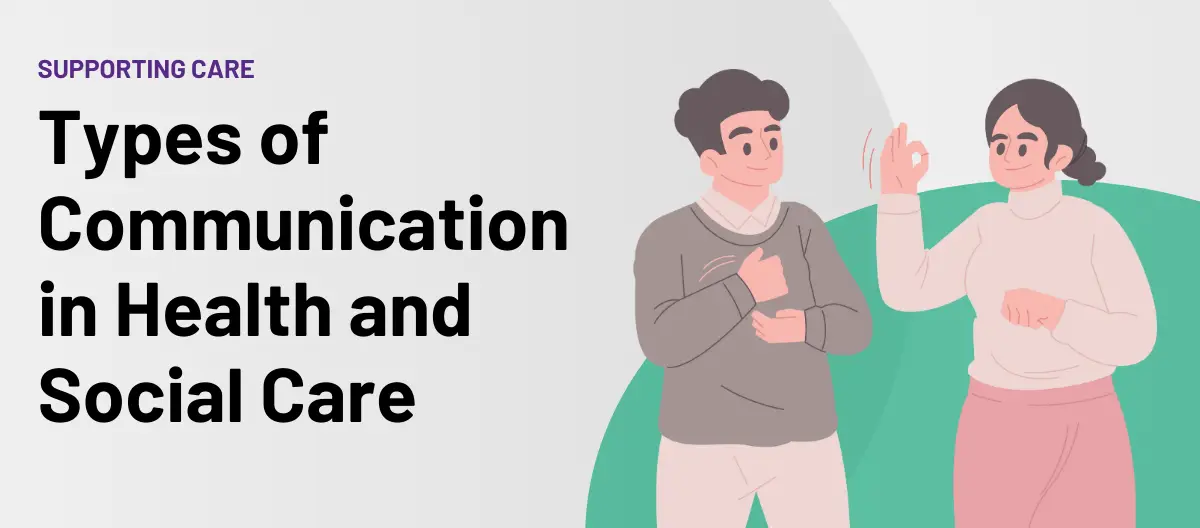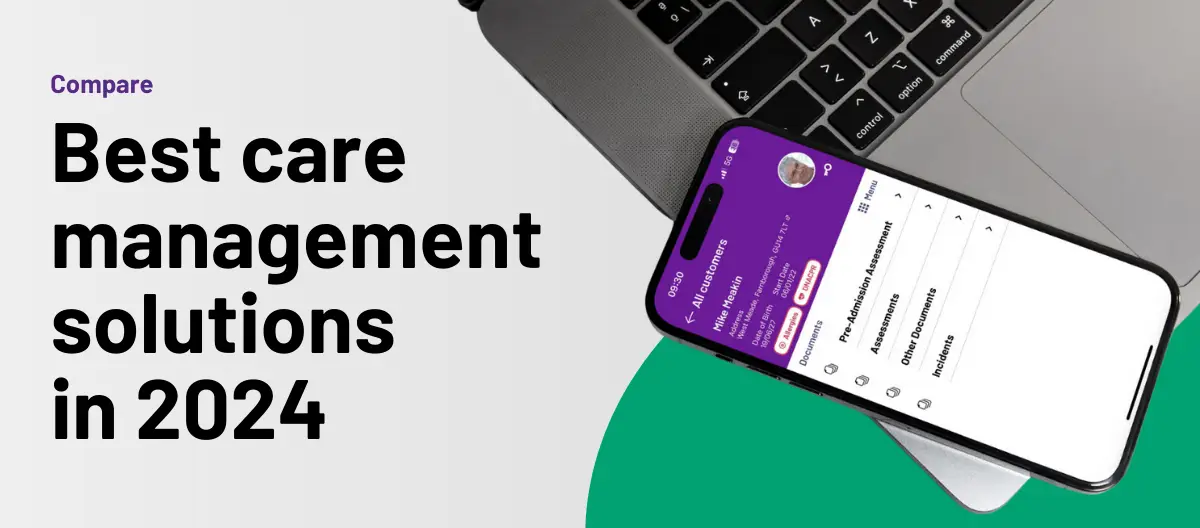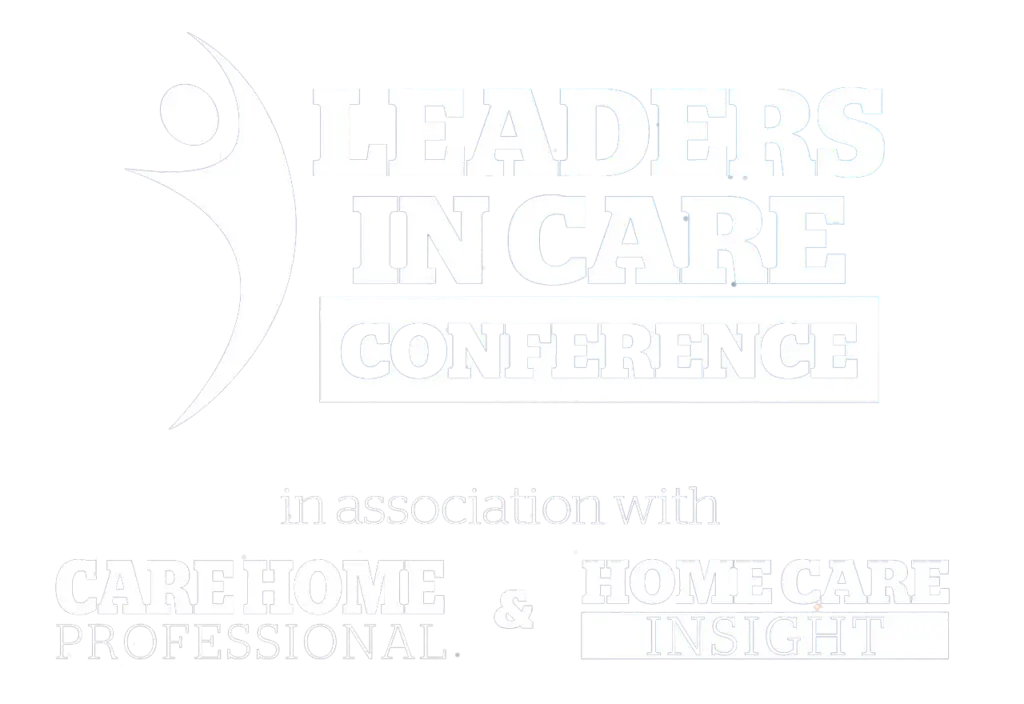The Care Quality Commission (CQC) has published its annual State of Care report for 2022-2023. This report provides invaluable insights into the health and social care sector in England, touching on various aspects such as access to care, quality of services, and workforce challenges.
To help you understand the key findings, we’ve put together a concise summary of the report. Here’s what you need to know.
Workforce woes
According to the report, over half of adult social care providers in England face challenges in recruiting and retaining staff, with care professionals reporting that they felt “overworked, exhausted and stressed” – sometimes to the point of “becoming ill, injured or leaving the job altogether”.
In addition, just 26% of NHS staff were satisfied with their pay level, a drop of 12 percentage points compared to pre-pandemic levels, while some adult social care providers struggled to “pay their staff a wage in line with inflation”.
Overall, 31% of providers reported challenges in retaining staff, although staff vacancy rates for care homes decreased from 11% in early 2022 to 7% in mid-2023.
Systems and coordination
The report notes that new integrated care systems have been formalised over the past year. However, the effectiveness of these systems is still in question, especially in the context of urgent and emergency care services.
Quality of care: a mixed bag
The CQC report highlights that the quality of care is influenced by a myriad of factors, from staff wellbeing and leadership to staffing and communication.
Increasing demands on healthcare services are affecting staff mental health, which in turn impacts the quality of care provided. “Many people” are still not receiving the safe, good quality care “that they deserve”, the report found.
Moreover, the mental health sector faces significant challenges in staff recruitment and retention, affecting service quality.
On a positive note, the introduction of artificial intelligence (AI) in healthcare is highlighted as having the potential to bring “huge improvements” for people, but with a cautionary note to ensure that technological advancements do not exacerbate existing inequalities.
Inequalities in the system
The report highlights that people from ethnic minority groups are more likely to face inequalities in access and experience when using health and care services. For instance, they are 2.5 times more likely to feel that emergency department staff talk as if they are not present.
A lack of “cultural awareness” among staff was also identified, while ethnic minority care professionals were less likely to be represented in leadership and managerial roles.
Our take
The CQC’s State of Care report for 2022-2023 paints a complex picture of the health and social care sector in England, highlighting persistent issues in access to care, workforce challenges, and systemic inequalities.
These findings are echoed in our new research report, Leaders of Tomorrow: research to inform the future of leadership in care, which highlighted the recruitment of skilled staff and low staff morale as among the greatest challenges facing the care sector in 2023 and beyond.
While the report highlights several areas that require immediate attention, it also suggests avenues for improvement. It’s crucial for care providers to not just acknowledge these findings but to take collaborative action.
Care management software, like PASS, can play a pivotal role in addressing some of the challenges highlighted. By streamlining administrative tasks, improving staff scheduling, and enhancing care planning and reporting, care technology frees up valuable time for care providers.
This enables them to focus more on delivering high-quality care, thereby potentially reducing waiting times and improving service quality. Additionally, data analytics features can help identify areas for improvement, contributing to more effective care delivery.
You can read the full report here.





